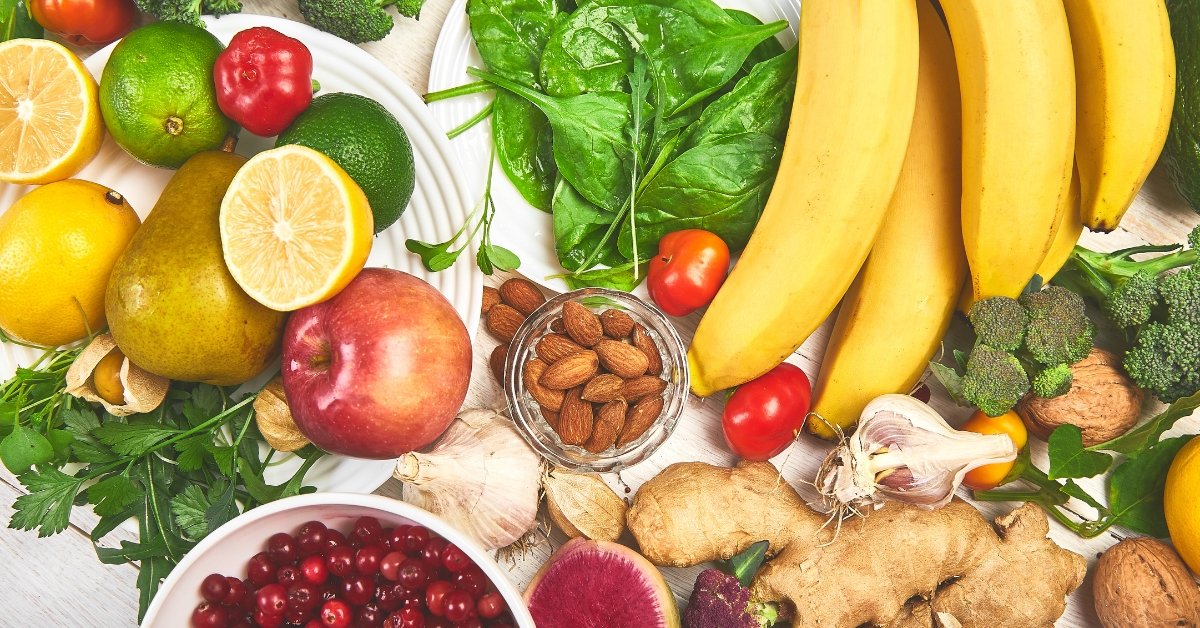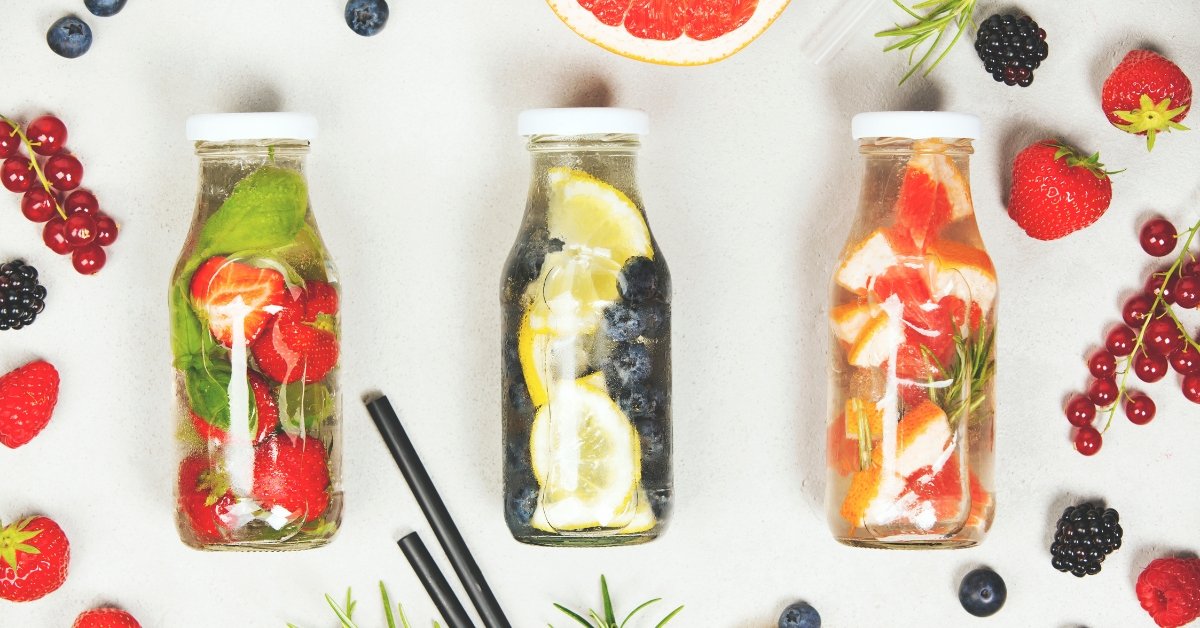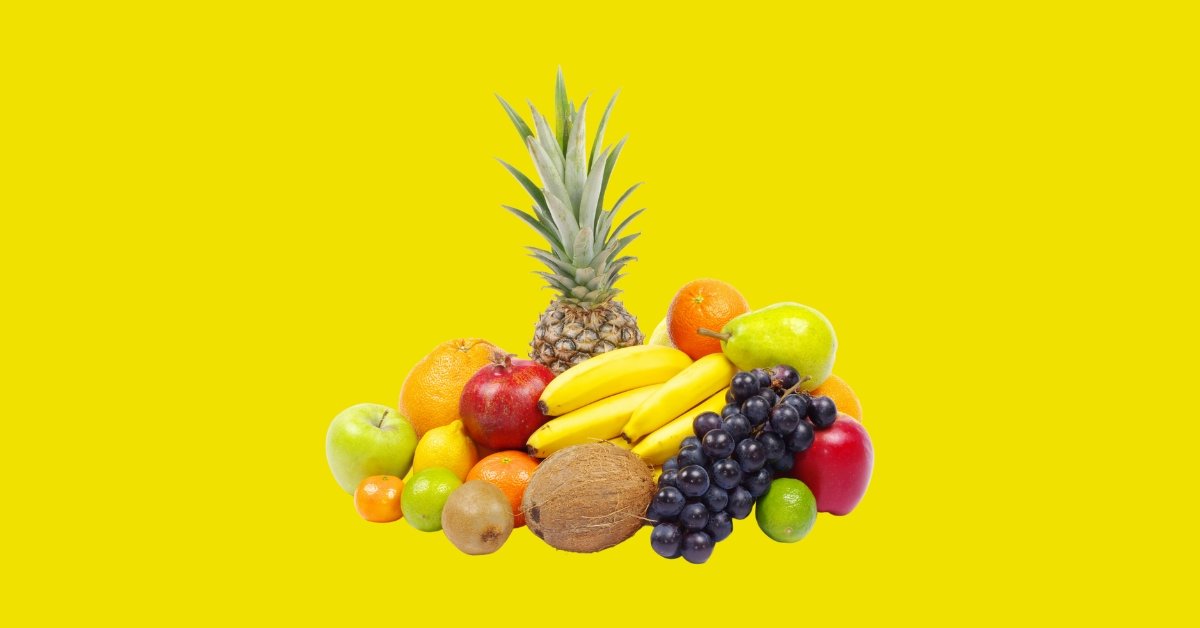Find how a fruit-rich diet can improve your stamina. Learn about the essential nutrients in fruits that boost energy and endurance, and find practical tips on incorporating more fruits into your daily meals.
Table of Contents
Introduction
Stamina and endurance are essential for maintaining an active lifestyle, whether you are an athlete, a fitness enthusiast, or simply looking to boost your energy levels throughout the day.
A fruit-rich diet can significantly enhance your stamina due to the abundance of vitamins, minerals, and antioxidants that fruits provide.
This blog post will explore how a fruit-rich diet can improve your stamina, the critical nutrients involved, and practical tips on incorporating more fruits into your meals.
1. Provides Quick Energy
Benefit: Fruits are a natural source of carbohydrates, the body’s primary energy source. The natural sugars in fruits, such as glucose and fructose, provide a quick and sustained energy boost without the crash associated with processed sugars.
Key Fruits:
- Bananas: Rich in natural sugars and easily digestible carbs, making them perfect for a pre-or post-workout snack.
- Apples: Provide a steady energy release due to their fiber content.
- Oranges: Packed with natural sugars and vitamin C for an instant energy boost.
How to Use:
- Eat a banana or apple 30 minutes before your workout for a quick energy boost.
- Add orange slices to your breakfast or snack on them during the day.
2. Enhances Hydration
Benefit: Many fruits have high water content, which helps keep you hydrated. Proper Hydration is crucial for maintaining stamina, as dehydration can lead to fatigue and decreased performance.
Key Fruits:
- Watermelon: Contains over 90% water, making it an excellent choice for Hydration.
- Cucumbers: Also high in water content and refreshing.
- Strawberries: Hydrating and rich in vitamins.
How to Use:
- Snack on watermelon or cucumber slices during the day.
- Add strawberries to your water or smoothies for added Hydration.
3. Replenishes Electrolytes
Benefit: Electrolytes are minerals that help maintain fluid balance and support muscle function. Fruits such as bananas, oranges, and kiwis are rich in electrolytes like potassium and magnesium, which are essential for preventing muscle cramps and fatigue.
Key Fruits:
- Bananas: High in potassium, which helps regulate fluid balance and muscle contractions.
- Oranges: Provide potassium and magnesium, both vital for muscle function.
- Kiwis: Rich in potassium and vitamin C.
How to Use:
- Include a banana in your post-workout meal.
- Drink freshly squeezed orange juice or add orange segments to your salad.
- Enjoy a kiwi as a snack or in a fruit salad.
4. Boosts Antioxidant Levels
Benefit: Antioxidants help reduce oxidative stress and inflammation in the body, improving recovery time and endurance. Fruits like berries, cherries, and grapes are loaded with antioxidants.
Key Fruits:
- Blueberries: Packed with antioxidants called anthocyanins that reduce inflammation.
- Cherries: They contain antioxidants that help alleviate muscle soreness.
- Grapes: Rich in resveratrol, an antioxidant that supports cardiovascular health.
How to Use:
- Add blueberries to your breakfast cereal or yogurt.
- Snack on cherries after a workout to reduce muscle soreness.
- Enjoy a handful of grapes as a mid-day snack or add them to salads.
5. Supports Immune Function
Benefit: A robust immune system is essential for maintaining stamina and overall health. Fruits rich in vitamin C and other immune-boosting nutrients help keep your immune system functioning optimally.
Key Fruits:
- Citrus Fruits: Oranges, lemons, and grapefruits are high in vitamin C.
- Kiwi: Contains more vitamin C per serving than an orange.
- Papaya: Rich in vitamin C and antioxidants.
How to Use:
- Start your day with a glass of fresh orange juice.
- Add kiwi slices to your breakfast or smoothie.
- Enjoy papaya in fruit salads or as a refreshing snack.
6. Enhances Digestive Health
Benefit: Good digestion is crucial for nutrient absorption and energy production. The fruit fiber promotes healthy digestion and regular bowel movements, which helps maintain energy levels.
Key Fruits:
- Apples: High in soluble fiber, which aids digestion.
- Pears: Rich in dietary fiber, promoting digestive health.
- Berries: Contain both soluble and insoluble fiber.
How to Use:
- Snack on an apple or pear during the day.
- Add berries to your morning oatmeal or yogurt.
- Include a variety of fruits in your salads for added fiber.
Creative Ways to Incorporate More Fruits into Your Diet
- Smoothies and Smoothie Bowls
- Blend your favorite fruits with yogurt or milk for a nutritious smoothie.
- Create smoothie bowls topped with fresh fruits, nuts, and seeds.
- Fruit Salads
- Combine different fruits to make a colorful and nutrient-packed fruit salad.
- Add a squeeze of lime juice and a sprinkle of mint for extra flavor.
- Healthy Snacks
- For quick and healthy snacks, keep whole fruits like bananas, apples, and oranges on hand.
- Make fruit kebabs with a mix of your favorite fruits.
- Desserts
- Opt for fruit-based desserts like baked apples, grilled peaches, or a simple bowl of mixed berries with a dollop of yogurt.
- Incorporate into Meals
- Add fruits to your salads, such as strawberries in a spinach salad or oranges in a mixed green salad.
- Use fruits in savory dishes, like pineapple in stir-fries or mango salsa with grilled chicken.
Tips for Choosing and Storing Fruits
- Seasonal Selection
- Choose seasonal fruits for the best flavor and nutritional value. Seasonal fruits are often fresher and more affordable.
- Proper Storage
- Store fruits properly to maintain their freshness. Refrigerate berries and grapes, while bananas and apples can be kept at room temperature until ripe.
- Organic Options
- Consider buying organic fruits to reduce exposure to pesticides. Organic options, like apples and berries, are especially recommended for fruits you eat with the skin on.
- Wash Thoroughly
- Always wash fruits thoroughly under running water to remove dirt or pesticide residue.
Fun Fact
Did you know? Bananas are great for energy and recovery and help improve mood due to their high levels of tryptophan, which the body converts into serotonin, the “happy hormone.”


